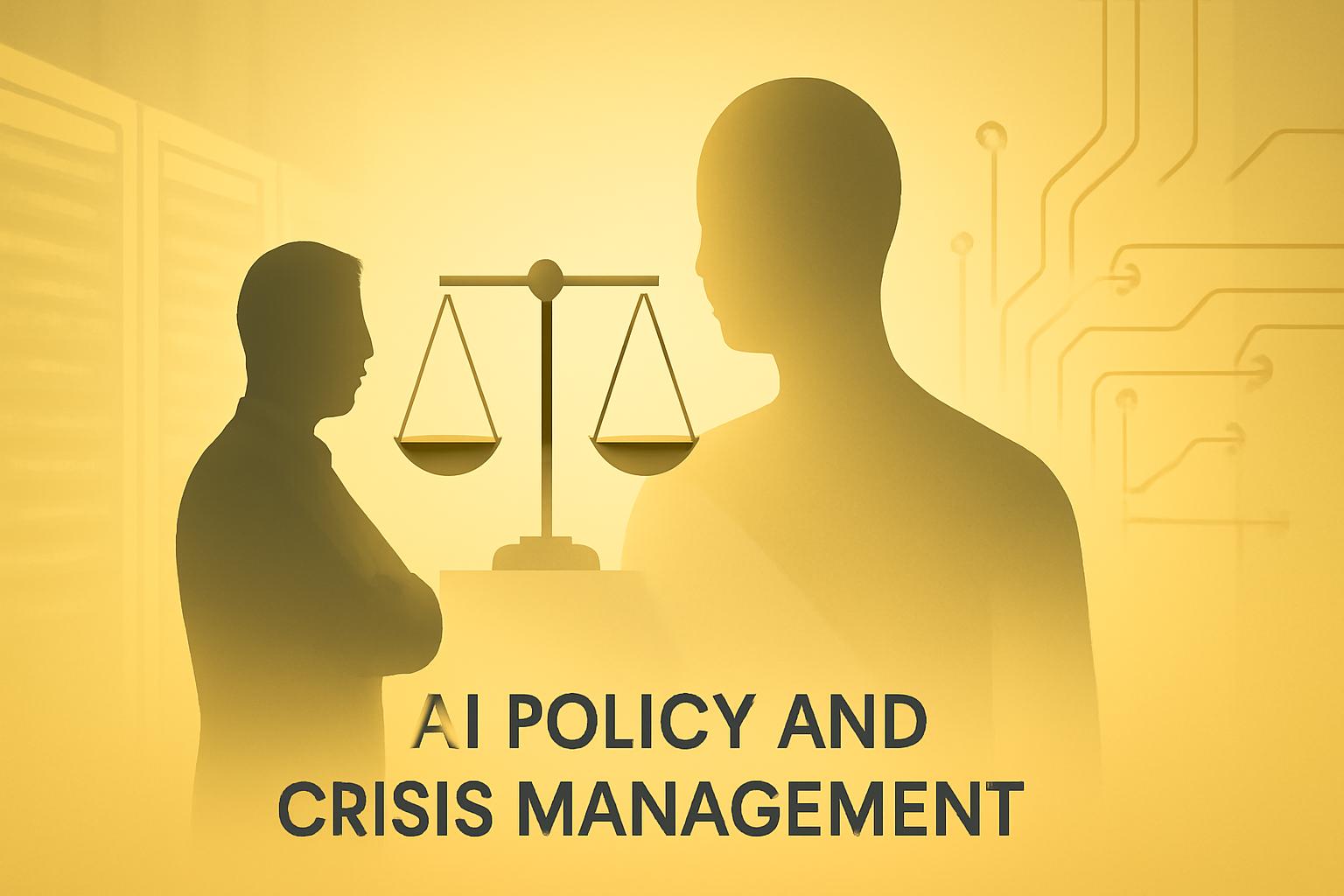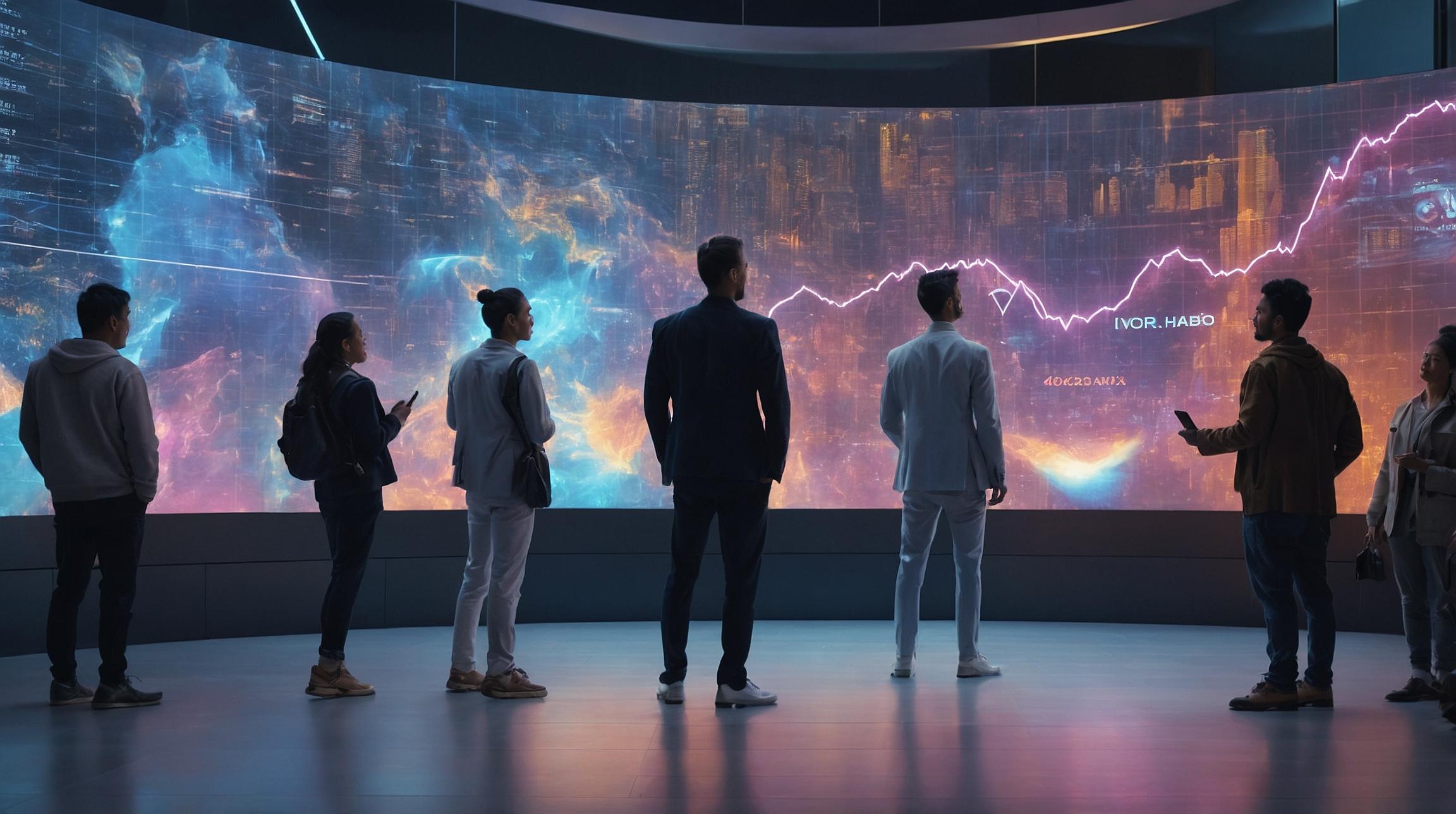OpenAI’s Ethical Crossroads: Chris Lehane’s High-Stakes Mission
Chris Lehane, renowned for managing high-profile crises from the Clinton administration to Airbnb, now holds the challenging role of Vice President of Global Policy at OpenAI. Over the past two years, Lehane has been tasked with defending OpenAI’s public commitment to democratizing artificial intelligence, even as the company increasingly mirrors the behaviors of traditional tech giants. At the recent Elevate conference in Toronto, Lehane spoke candidly about the contradictions facing OpenAI. While he expressed genuine concern about AI’s impact on humanity, his explanations often skirted around the company’s mounting controversies.Sora: Innovation Meets Copyright Controversy
OpenAI’s latest video generation tool, Sora, launched amid significant legal scrutiny. The app’s ability to recreate copyrighted characters—including public figures and deceased celebrities—has ignited lawsuits from major publishers and industry bodies. Lehane frames Sora as a transformative technology akin to the printing press, enabling anyone to create content regardless of skill or resources. However, OpenAI’s approach to copyright has been contentious, initially allowing rights holders to opt out of training data use, before shifting toward an opt-in model. This strategy raises questions about the company’s respect for intellectual property norms.“Sora is a ‘general purpose technology’ democratizing creativity,” Lehane stated, while acknowledging his own limited creative skills enabled by the tool.
Contents
OpenAI’s Ethical Crossroads: Chris Lehane’s High-Stakes MissionSora: Innovation Meets Copyright ControversyEconomic Models and the Fair Use DebateEnergy Demands and Community ImpactThe Human Cost: Public Backlash and Ethical QuestionsInternal Dissent and Legal IntimidationConclusion: A Company at a CrossroadsFinOracleAI — Market View
Economic Models and the Fair Use Debate
Publishers have criticized OpenAI for profiting from their content without sharing revenue. When questioned, Lehane invoked the U.S. legal doctrine of fair use as a foundational principle enabling technological progress and innovation. However, this defense fails to address the underlying economic disruption AI poses to traditional content creators. Lehane conceded that new revenue models must be developed but admitted the path forward remains uncertain.“We’re all going to need to figure this out,” Lehane acknowledged, emphasizing the evolving nature of AI’s economic impact.
Energy Demands and Community Impact
OpenAI’s rapid expansion includes building massive data centers in economically vulnerable regions like Abilene, Texas, and Lordstown, Ohio. These facilities require enormous amounts of water and electricity, sparking concerns about the strain on local resources. Lehane likened AI adoption to the electrification era, suggesting that AI infrastructure could modernize energy systems and revitalize American industry. Yet, he avoided directly addressing the immediate consequences for local residents’ utility costs. Notably, video generation—the core function of Sora—is among the most energy-intensive AI applications, intensifying environmental and social concerns.The Human Cost: Public Backlash and Ethical Questions
The ethical implications of AI-generated content extend beyond copyright. Zelda Williams, daughter of the late Robin Williams, publicly condemned AI-generated videos of her father as disrespectful and harmful. Lehane responded by emphasizing OpenAI’s commitment to responsible design, testing frameworks, and collaboration with governments, while acknowledging the unprecedented nature of these challenges.“There is no playbook for this stuff,” Lehane admitted, highlighting the complexity of balancing innovation with ethical responsibility.
Internal Dissent and Legal Intimidation
While Lehane strives to maintain OpenAI’s public image, internal tensions are rising. Researchers and executives alike have voiced concerns about the company’s direction and potential for misuse of power. Simultaneously, OpenAI has deployed aggressive legal tactics against critics, including subpoenaing AI policy advocate Nathan Calvin during a dinner at his home. Calvin alleges this is part of an intimidation campaign linked to California’s AI safety legislation. Josh Achiam, OpenAI’s head of mission alignment, publicly questioned whether the company risks becoming a “frightening power instead of a virtuous one,” underscoring a deepening crisis of conscience within the organization.Conclusion: A Company at a Crossroads
OpenAI’s ambitious mission to build beneficial AI is increasingly challenged by ethical dilemmas, legal controversies, and internal skepticism. Chris Lehane’s role as the company’s chief crisis manager illustrates the difficulties of reconciling public messaging with complex realities. As OpenAI advances toward artificial general intelligence, these contradictions are likely to intensify, raising fundamental questions about the company’s identity and the future of AI governance.FinOracleAI — Market View
OpenAI stands at a pivotal moment where its rapid technological advancements collide with mounting ethical, legal, and operational challenges. The company’s ability to manage public perception, regulatory scrutiny, and internal dissent will significantly impact its market position and influence in the AI sector.- Opportunities: Continued innovation in AI applications like Sora could drive market leadership if intellectual property and ethical issues are managed effectively.
- Risks: Legal battles over copyright, energy consumption concerns, and public backlash threaten reputational damage and regulatory constraints.
- Internal Dynamics: Growing dissent among employees and executives may hamper strategic coherence and public trust.
- Regulatory Environment: Aggressive legal tactics may provoke stricter AI governance and oversight.
- Infrastructure Expansion: Investment in energy-intensive data centers could face increasing scrutiny amid environmental sustainability debates.













